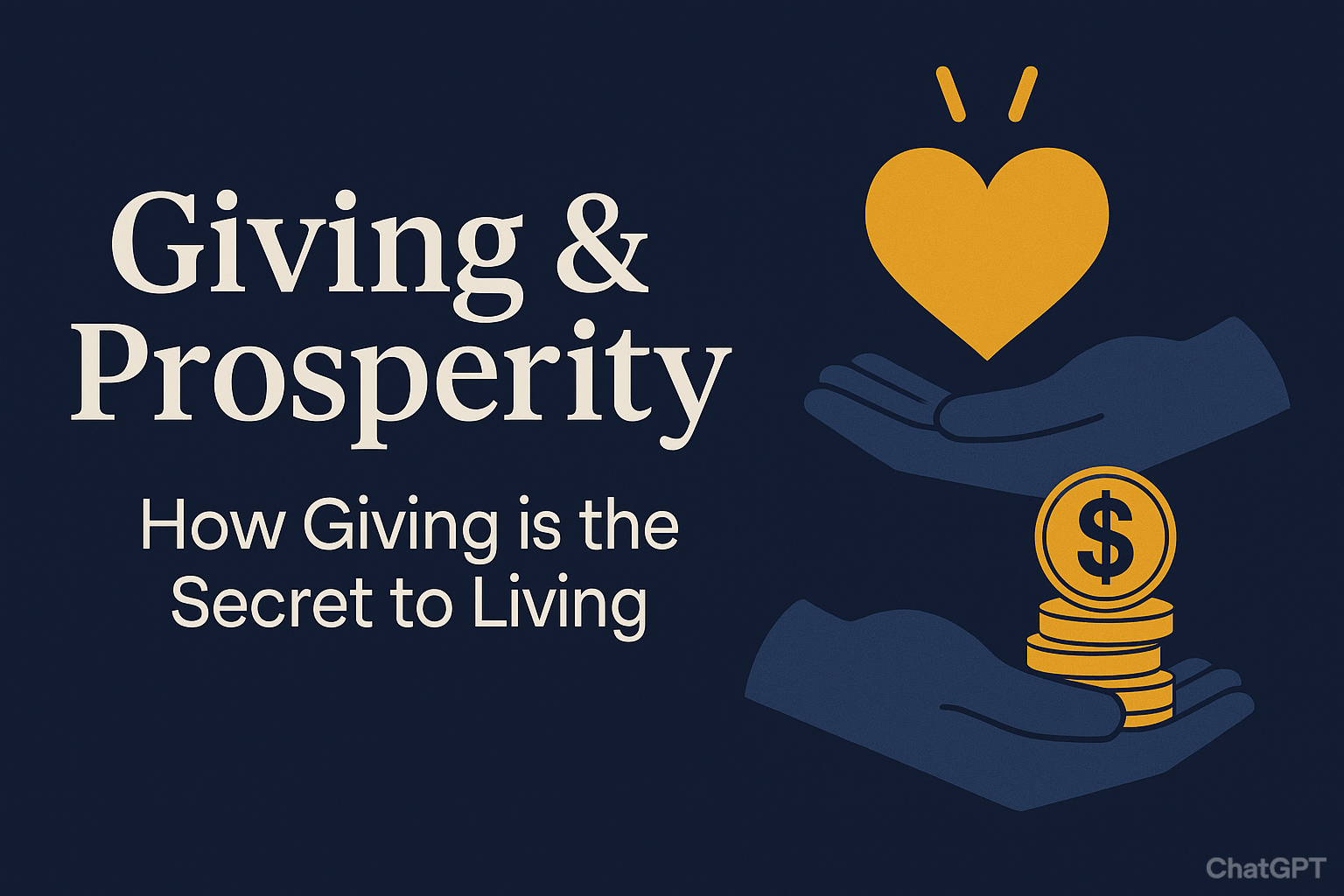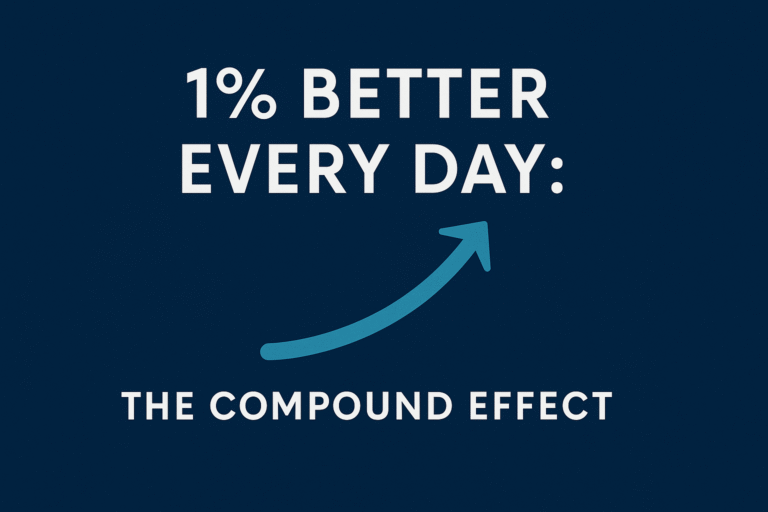Let’s be honest: life doesn’t always move in straight lines. Especially in today’s times, it can feel like every month brings a new shift—a new job, the end of a relationship, financial struggles, or just the pressure of figuring out who you are. During these moments, mental strength isn’t just helpful; it’s essential.
As someone who’s guided young adults through major changes, I can tell you this: transitions test your mindset more than your skills. But the good news? Problems are opportunities to build mental strength. You can train your mind just like a muscle. Here’s how.
Why Transitions Require Mental Strength
The Hidden Challenges of Change
Even positive transitions bring stress. A graduation, a promotion, or a move to a new city can all trigger uncertainty. That discomfort doesn’t mean you’re weak—it means you’re growing. Being uncomfortable can be a great sign that you are growing.
Mental strength allows you to face these shifts without crumbling. It helps you process fear, make clear decisions, and bounce back faster when life throws curveballs.
How It Shows Up In Real Life
- Feeling like you’re falling behind while your friends are thriving
- Facing pressure to “have it all figured out”
- Letting self-doubt keep you from taking action
I remember when I left a secure job to start something completely new. The financial instability terrified me. But instead of spiraling, I created a routine, focused on daily wins, and kept asking myself: “What can I control today?” That mindset became my armor.
Step 1: Acknowledge the Transition
Stop Pretending It’s All Fine
You can’t overcome what you won’t face. The first step in building mental strength is admitting that things are shifting and that it’s affecting you.
Grab a notebook and write down:
- What’s changing right now?
- What fears are coming up?
- What do I need to feel supported?
Being honest with yourself is not a weakness. It’s courage. What you acknowledge, you have the power to change.
Step 2: Focus on What You Can Control
The Power of the Controllables
When everything feels uncertain, zoom in. What are the things you can do today to build momentum?
Examples:
- Adjusting your sleep schedule
- Creating a morning routine
- Reaching out to someone who inspires you
Let go of needing to have all the answers. Mental strength is about steady progress, not instant perfection. It’s about building resilience and knowing that you can overcome anything that life throws at you.
Step 3: Build Small Habits That Reinforce Strength
Your Daily Routine Is Your Foundation
One of the most underrated tools during transition is consistency. When the world feels chaotic, your habits become your safe zone.
Try this:
- Morning: stretch, 5-minute journal, drink water
- Midday: take a tech-free walk, eat something nourishing
- Evening: gratitude journaling, read for 15 minutes, or no screens 30 minutes before bed
These aren’t about being perfect. They’re about telling and training your brain, “I’m still in control.”
Step 4: Surround Yourself With the Right People
Community Builds Resilience
You don’t need a massive network. You just need a few people who help you feel safe and seen.
Ask yourself:
- Who energizes me?
- Who drains me?
- Who believes in my growth, not just my comfort?
If no one comes to mind, seek mentors online, listen to empowering podcasts, or join a virtual group. You become who you surround yourself with.
Step 5: Reframe the Story You’re Telling Yourself
Your Inner Dialogue Shapes Your Reality
Instead of saying, “This is the worst time of my life,” say, “This is the chapter where I build strength I didn’t know I had.” Don’t exaggerate the situation. See it as it is, but no worse than it is.
Mental strength doesn’t mean denying hard things. It means refusing to be defined by them.
Reframe:
- From: “I have no idea what I’m doing.”
- To: “I’m figuring things out every day, and that counts.”
Step 6: Visualize the Future You’re Building
Use Imagination to Create Motivation
Close your eyes and imagine yourself six months from now.
- What habits do you have?
- What does your day feel like?
- Who have you become?
Write that vision down. Read it daily. That future version of you is shaped by the decisions you make right now.
Final Thoughts: Tough Times Are Temporary. Your Strength Is Not.
Transitions are tough, but they’re also transformative. They strip away what doesn’t serve you and make room for something better. Also shows you opportunity areas to improve in. If you commit to building mental strength through small, daily choices, you’ll emerge not just intact, but improved.
Start today. Take a walk. Text a mentor. Reframe one thought. The smallest steps taken in the right mindset can change everything.
Because here’s the truth: tough seasons don’t last, but strong people do.
References:
- Morin, Amy. 13 Things Mentally Strong People Don’t Do. HarperWave, 2014.
- Clear, James. Atomic Habits. Avery, 2018.
- Brown, Brené. The Gifts of Imperfection. Hazelden, 2010.





